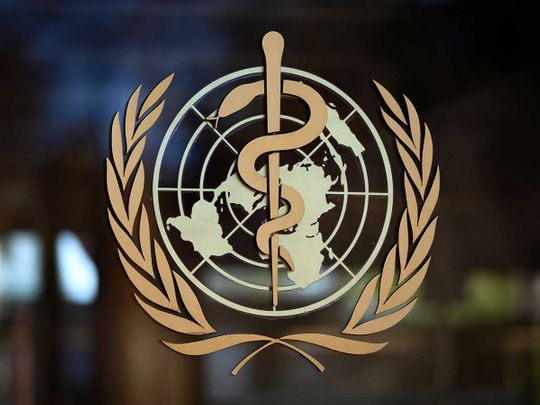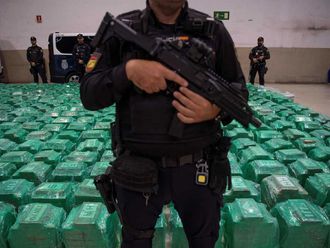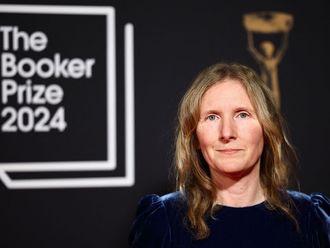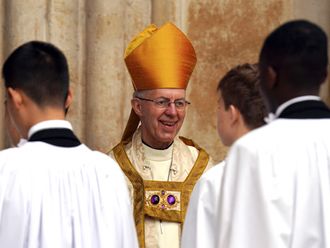
GENEVA: Talks between WHO member states on a landmark global accord on handling future pandemics will roll into 2025 after countries decided Monday there were too many gaps to seal a deal this year.
The key faultlines in the negotiations are between Western nations with major pharmaceutical industry sectors, and poorer countries who do not want to be sidelined when the next pandemic strikes.
The negotiations, which kicked off in February 2022, are being held at the World Health Organization's headquarters in Geneva, between the WHO's 194 member states.
Countries "think they still have work to do", talks co-chair Anne-Claire Amprou told a press conference.
"Today member states agreed we need to conclude the agreement as soon as possible, and continue negotiations into 2025, with the goal of concluding the agreement by the next World Health Assembly scheduled in May.
"We are moving in the right direction," she insisted.
In December 2021, fearing a repeat of the devastation wrought by Covid-19 - which killed millions of people, crippled health systems and crashed economies - countries decided to draft a new accord on pandemic prevention, preparedness and response.
While much of the draft text has been agreed, disputes remain over some key provisions, notably over sharing access to pathogens with pandemic potential - and then equitably sharing the benefits derived from them, such as vaccines, tests and treatments.
In June at the annual World Health Assembly - the WHO's top decision-making body - countries agreed to give themselves until the next assembly in May 2025 to conclude and adopt the agreement - and to get it done by the end of the year if possible.
To finish this year, countries would have had to call the third-ever special session of the assembly in December - with Monday the last possible day to make the decision.
However, countries accepted Monday they were not in a position to have the agreement's text finished so soon.
And the return of Donald Trump to the US presidency also risks further shaking up the process. In his first term, he began pulling the United States out of the WHO before current President Joe Biden reversed the decision.
The two-week, 12th round of talks began on November 4, but the first week concluded Friday with little progress achieved on agreeing outstanding articles under discussion.
Talks co-chair Precious Matsoso said that all countries want to be better prepared and prevent the next disaster from happening.
"Our biggest fear though is that when the next pandemic happens, it will be more severe than what we experienced with Covid-19," she said.












